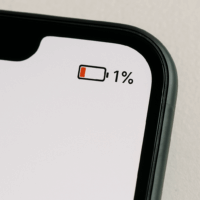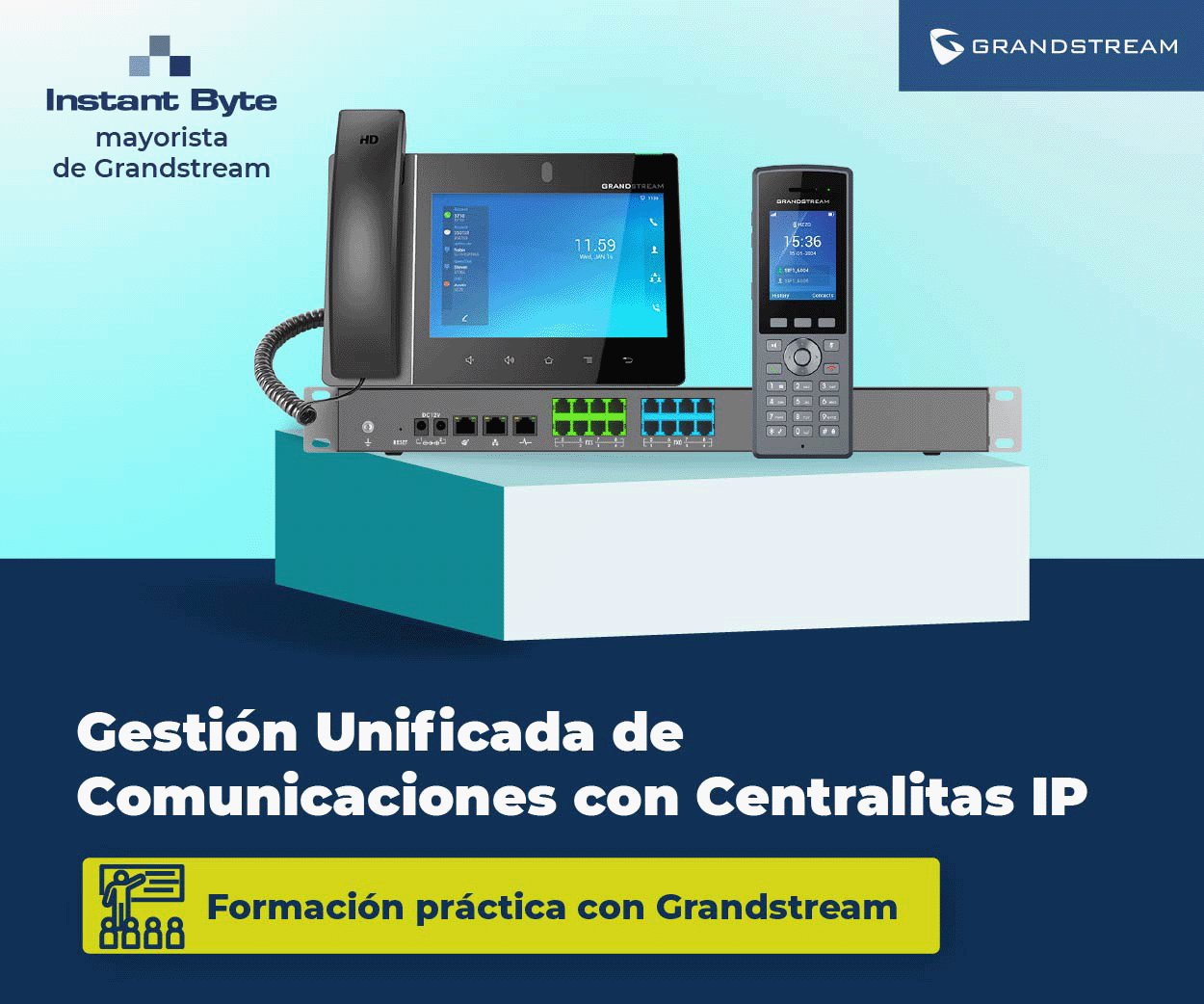Telecom services paralyzed after Nationwide Blackout
On April 28th, a general blackout occurred across all of Spain, and by extension, also in Portugal due to the proximity and electrical interconnection between the two countries. At 12:30 PM, a widespread power outage affected every device connected to the power grid, and for a few minutes, confusion and anxiety prevailed. During those minutes, all fiber optic connections began to shut down, which meant that a lucky few with Uninterruptible Power Supplies (commonly known as UPS) were still able to access some news websites and realize the outage was larger than it initially appeared.
Unfortunately, UPS systems only last a few minutes—just enough to withstand an electrical fluctuation or to safely shut down servers if the outage lasts too long—so we were left with only mobile networks, the saviors during catastrophes, with batteries meant to last 24 hours without electricity, or at least, that’s how it should have been.
Unfortunately, many antennas also lost electrical connection in most cases; in others, although there was coverage (the antennas were powered), there was no internet or phone traffic. In other cases, the antennas lasted even less than a household UPS, and all signal disappeared in barely two minutes. Many antennas couldn’t withstand even one hour of power outage, leaving thousands of people completely out of communication.

As the ad once said, “the future is mobile,” and anything that isn’t a mobile network hardly seems worth maintaining. The copper network has been removed and replaced by a fiber network that requires continuous power. In these cases, UPS units last only a few minutes to prevent brief electrical interruptions. But when Europe advises us to prepare an “emergency kit” designed to sustain us for at least 48 hours without leaving home, they should also recommend that communications be able to last more than just a few minutes.
I confess I’m not a “prepper” at all—if disaster strikes, I’ll surely be caught without toilet paper, without drinking water, and with an empty fridge. Nevertheless, I’m aware that we should be at least minimally prepared and store a few cans of food “just in case.”
We are so dependent on electricity and communications that, if either is missing, people would go crazy—and if communications also depend on electricity, it makes us even more vulnerable, as has been demonstrated.
Luckily, there weren’t many tragedies to mourn. Some people had difficulties with respirators, oxygen machines, or CPAP devices for sleep apnea, but in these cases, the inability to communicate greatly increases the sense of vulnerability and lack of response. (I won’t even go into political incompetence and the lack of useful, swift responses to a disaster of this magnitude.)
Data centers are required to have backup systems that allow them to operate for many hours in case of a power outage. These backup systems use generators, solar panels, etc., and thanks to them, many systems continued functioning once power was restored. However, Movistar (and by extension, all mobile networks that rely on it) continued to experience issues with mobile service 48 hours after electricity returned. Is the mobile network really so unresilient that it still couldn’t support phone calls 48 hours after power was restored?
We must learn something from all this: in this case, that the electrical grid and power systems must be more robust. We need to be “more independent,” both at the national level and on a personal level. Having backup batteries at home to power LED lamps, charge mobile phones, a battery-powered radio to hear the news, a walkie-talkie to communicate without relying on a company that might let you down at such times, or an alternative way to cook besides the typical electric stove/microwave/oven—these are all things that should be part of the “emergency kit” we now need to take seriously.

As I said, we must learn something from every situation—and in this case, I’m going to take that “emergency kit” that Brussels recently announced (and half the country, myself included, laughed off) much more seriously.




